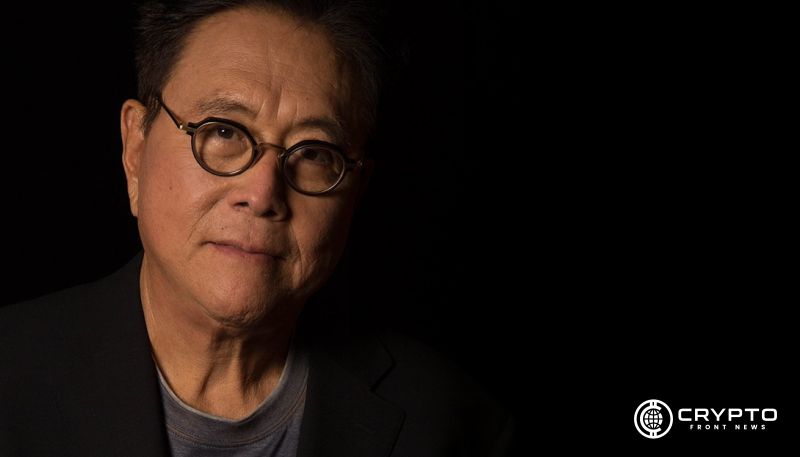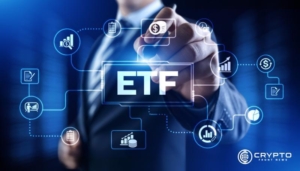- Kiyosaki says inflation from money printing boosts asset values but raises living costs for wage earners and fixed-income homes.
- He warns baby boomers may face housing strain as Social Security projections show reduced payouts by 2035.
- Rising demand for gold, silver and crypto reflects declining confidence in fiat currency and systemic stability.
Robert Kiyosaki has intensified his criticism of the U.S. financial system, arguing that rising asset prices signal deep structural strain rather than prosperity. He claimed that inflation is eroding stability for the poor and middle class even as gold, silver, Bitcoin and Ethereum climb.
According to his recent remarks on X and in a podcast appearance, federal monetary policy has fueled conditions that benefit asset holders while weakening households dependent on wages and fixed income. He also linked the surge in alternative assets to declining faith in fiat currency. His warnings centered not on market growth but on the widening economic divide.
Rising Prices and Monetary Strain
Kiyosaki maintained that inflation compounds financial pressure on everyday consumers. He stated that money printing increases the cost of daily necessities while boosting asset valuations.
This contrast, he said, creates uneven economic outcomes. He held up U.S. dollar bills during his remarks and called them “fake money,” arguing that fiat currency increases have devalued earnings and savings.
The effect, he added, appears most visible in housing costs and the broader cost of living. He connected current homelessness trends to monetary expansion and accused the Federal Reserve of creating conditions that push people out of stable housing.
Baby Boomers and Financial Vulnerability
The author pointed to baby boomers as a group facing escalating hardship. Born in 1947, he identifies with that generation and claimed that many of his peers lack resources to absorb sustained inflation.
He warned that older Americans could face housing insecurity if costs continue to rise faster than fixed income benefits. He also referenced Social Security, noting projections that the program may pay reduced benefits by 2035 without legislative intervention.
His comments suggested that inflation could erase retiree purchasing power even before those adjustments take effect. That concern, he said, could lead to widespread instability among older adults.
Asset Preferences and Systemic Doubts
Kiyosaki argued that increased interest in gold, silver and digital assets reflects declining confidence in government-issued currency. He described these assets as forms of “real money” that he believes retain value despite monetary expansion.
However, he linked their current gains to warnings about systemic weakness rather than economic strength. His remarks underscored distrust in traditional financial instruments and emphasized a divide between asset owners and wage earners.
He also claimed that inflation enhances wealth concentration by raising the value of holdings for those already invested, while increasing the cost of food, housing and healthcare for others.






